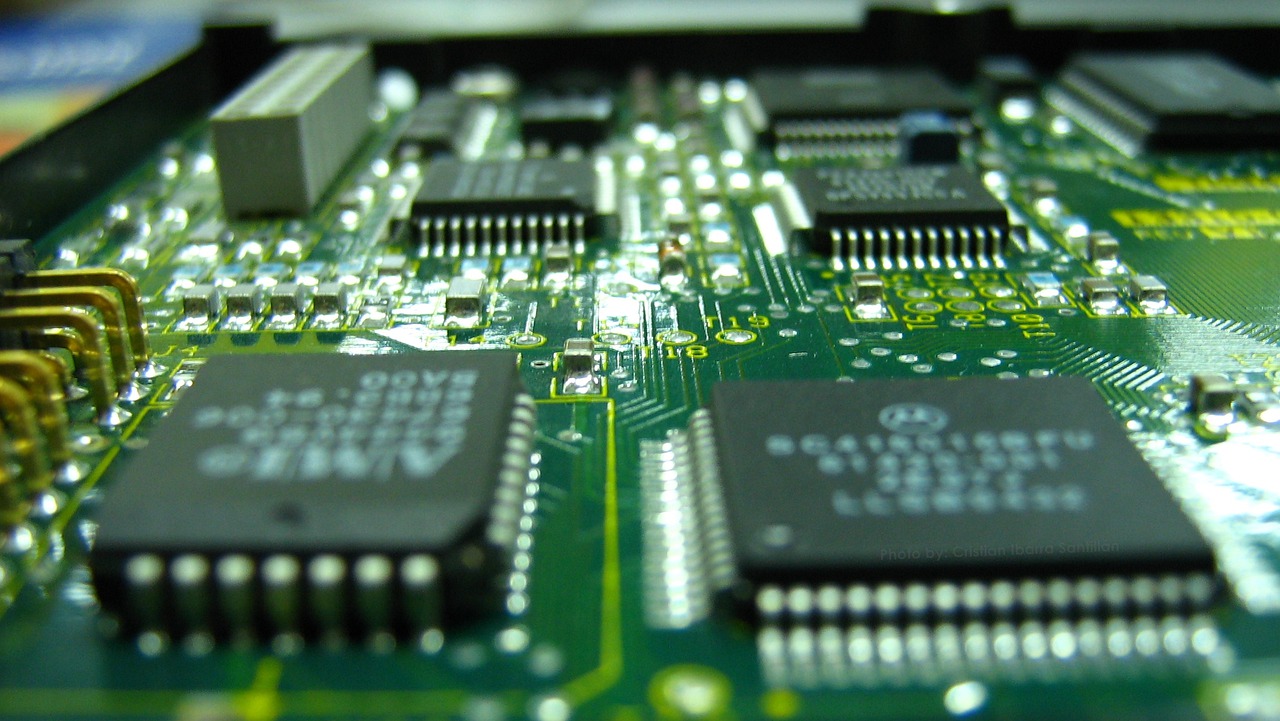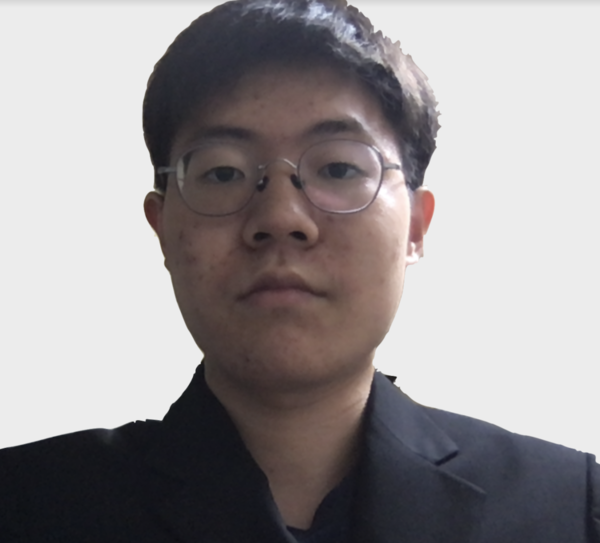
South Korea's semiconductor industry is suffering due to the Russian Ukrainian conflict.
The current situation in Ukraine, one of South Korea's main trading partners, has negative implications for South Korea's economy.
Especially in regards to the semiconductors industry, instability due to the Ukrainian-Russian crisis has led to some serious spillover effects for the nation.
South Korea has had a long history of being an export-dependent state with 32% of its annual GDP in 2019 coming from this sector alone.
These statistics are even more striking in comparison to its main geopolitical ally, the United States, where roughly 7% of its annual GDP comes from its exports.
As a major importer of South Korean semiconductors, the Russian Federation has compelled the government of South Korea to condemn Russian actions, thus enacting economic sanctions.
This resulted in a drop in South Korean sales to Russia, declining the percentage of GDP derived from its exports.
In addition to this complication, the fact that South Korean firms and the government are having trouble finding replacements for the materials needed to construct these semiconductor chips in the first place has resulted in the circulation of speculations that South Korea remains stuck in a negative feedback loop regarding its supply chain.
Ukraine happens to be one of the leading producers of natural gasses, which are in turn used in the creation of semiconductor chips.
South Korea imports around 30% of its krypton (a type of noble gas) and around 20% of its neon gas (another type of noble gas) from Ukraine alone.
The results show that there have been both private and government difficulties in obtaining other sources for these gasses as Ukraine holds around 70% of the world's noble gas supply.
Now, reports have surfaced that there are roughly 2-3 months of noble gas supplies left necessary in the manufacturing of semiconductors.
This is even after local Korean companies such as POSCO came out and stated that they would contribute to around 15% of the noble gas demand in South Korea. Ever since the 2014 Crimean crisis, (where Russia annexed the Crimean Peninsula) South Korea has continued to invest millions of dollars into this sector in order to lessen the dependence on these gasses from foreign states.
Despite these prudent measures, there is now growing fear that there will be a supply shock around the world.
Fewer semiconductors being produced, would in turn mean fewer chips needed in transportation, energy, and general appliances across the globe.
If anything, Crimea, Covid, and now Ukraine have shown the world just how “conflict” in general can send a ripple effect across the globe which is not completely understood until the impact hits.
The lesson being the urgency to diversify supply chains.
Action can be seen by companies such as Samsung, which has decided to establish new partnerships with developers from other states.
However, per Yong Kwon, director of communications at the Korea Economic Institute of America, long-lasting solutions would be for the South Korean government to invest heavily into other sectors of the industry, focusing away from semiconductors and on finding and developing industries that are less impacted by material input (especially those which are massively imported from other states), but to do it in a way in which South Korean companies can remain sustainable by themselves, or with little assistance from foreign states.
Achieving such a goal would be beneficial to the overall South Korean economy, as it would create new jobs in a stagnating economy, while not having to worry about crises happening in other parts of the world.
The current situation in Ukraine has taught us that it is imperative for governments to walk away from industries that are heavily involved with foreign assistance, and towards developing industries that are more self-sufficient.

June Souk
Grade 11
Seoul Foreign School

